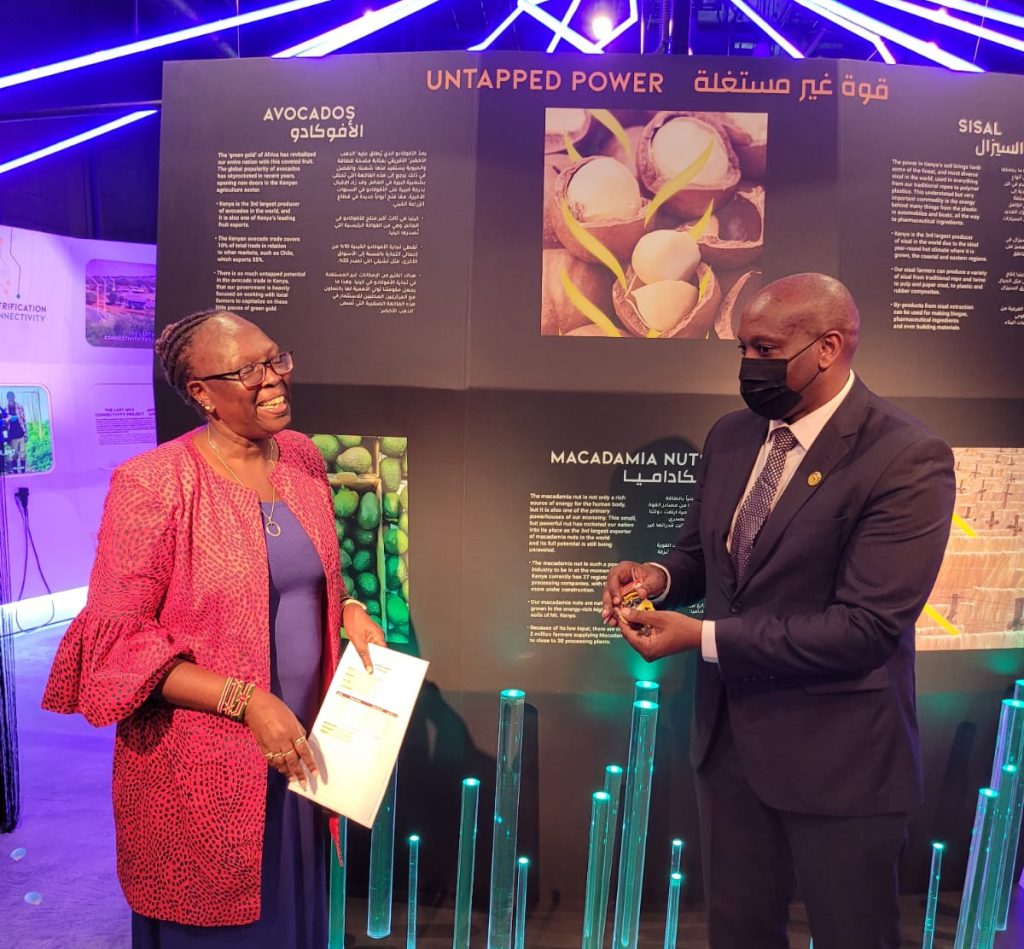The Parliament on Tuesday 31st October 2023 directed the Blockchain Association of Kenya (BAK) to draft the Virtual Assets Service Providers Bill within the next two months. S.A KAKAI, director of legal affairs indicated that:
“This milestone is a win for us. It marks a pivotal step in forging a more robust connection between the digital assets sector and regulatory bodies. Our unwavering commitment is to foster a cooperative approach in shaping a regulatory framework that not only spurs innovation but also aligns seamlessly with the government’s agenda. Kenya, often referred to as Africa’s ‘Silicon Savannah,’ has now reclaimed its prominent status and we shall establish ourselves as the Digital Assets Hub of Africa. In the 2021/2022, Kenya’s digital assets ecosystem witnessed transactions close to $20 billion, and we have every reason to believe that this move will catalyze even greater growth and adoption.”
“This is our mandate as the Finance and National Planning Committee. To forge the way forward on how to work together going forward we are the peoples representatives you included.” Chair Kuria told BAK as he read to the house’s standing orders and adjourned the meeting.
The BAK further physically and orally protested the Digital Asset Tax (DAT) under Kenya’s Finance Bill 2023 to the National Assembly’s Departmental Committee on Finance and National Planning.
BAK leaders who faced the Committee delved deep into the legal and regulatory challenges faced by digital asset companies in Kenya.
They said that the legal framework in Kenya has serious bottlenecks that have made it hard for them to pay some taxes like the Digital Asset Tax.
Hard pressed to tell members of the committee how are they able to pay other taxes like Corporate Tax and PAYE, BAK says they use HRs and other avenues but on the Digital Asset Tax, they admitted they had not been able to pay the tax since the DAT was not practical to implement in its current format.
It was a major highlight of the session as the members of the committee wanted to know why the Association has not been remitting it to KRA.
The new tax, which was take effect from September 1, is part of the many taxes introduced in the Finance Act 2023, with some focused on expanding the tax net in the digital space. The tax provisions outlined in the already-signed act seek to create extra income of up to $2 billion for the Kenyan government.
BAK however said they have moved to court to seek clarification on the matter adding that what they are seeking is goodwill from the govt as they are ready to pay the tax.
BAK has however committed to have stakeholders engagement with the relevant authorities in govt, a National Digital Asset Policy, a Tax Framework, a consumer protection framework and onboarding regulatory sandbox.
“We need to deliberately and collaboratively work with the government to come up with better regulations”, BAK officials told the committee while admitting at the same time that they are working “unregulated” in the Kenyan market.
Committee Chair Kimani Kuria, Vice Chair Benjamin Lagat, Kitui rural Mp David Mboni and other members wanted to know more about Blockchain markets to which BAK members said in the next meeting, they will need more time to explain that to the members.
The committee members advised BAK to ensure to work within set regulations as they will also endevor to ensure to work and see to it that there are laws regulating the same in the country.
The Parliament further directed the BAK to draft the Virtual Assets Service Providers Bill within the next two months. S.A KAKAI, director of legal affairs indicated that:
“This milestone is a win for us. It marks a pivotal step in forging a more robust connection between the digital assets sector and regulatory bodies. Our unwavering commitment is to foster a cooperative approach in shaping a regulatory framework that not only spurs innovation but also aligns seamlessly with the government’s agenda. Kenya, often referred to as Africa’s ‘Silicon Savannah,’ has now reclaimed its prominent status and we shall establish ourselves as the Digital Assets Hub of Africa. In the 2021/2022, Kenya’s digital assets ecosystem witnessed transactions close to $20 billion, and we have every reason to believe that this move will catalyze even greater growth and adoption.”
“This is our mandate as the Finance and National Planning Committee. To forge the way forward on how to work together going forward we are the peoples’ representatives you included.” Chair Kuria told BAK as he read to the house’s standing orders and adjourned the meeting.









